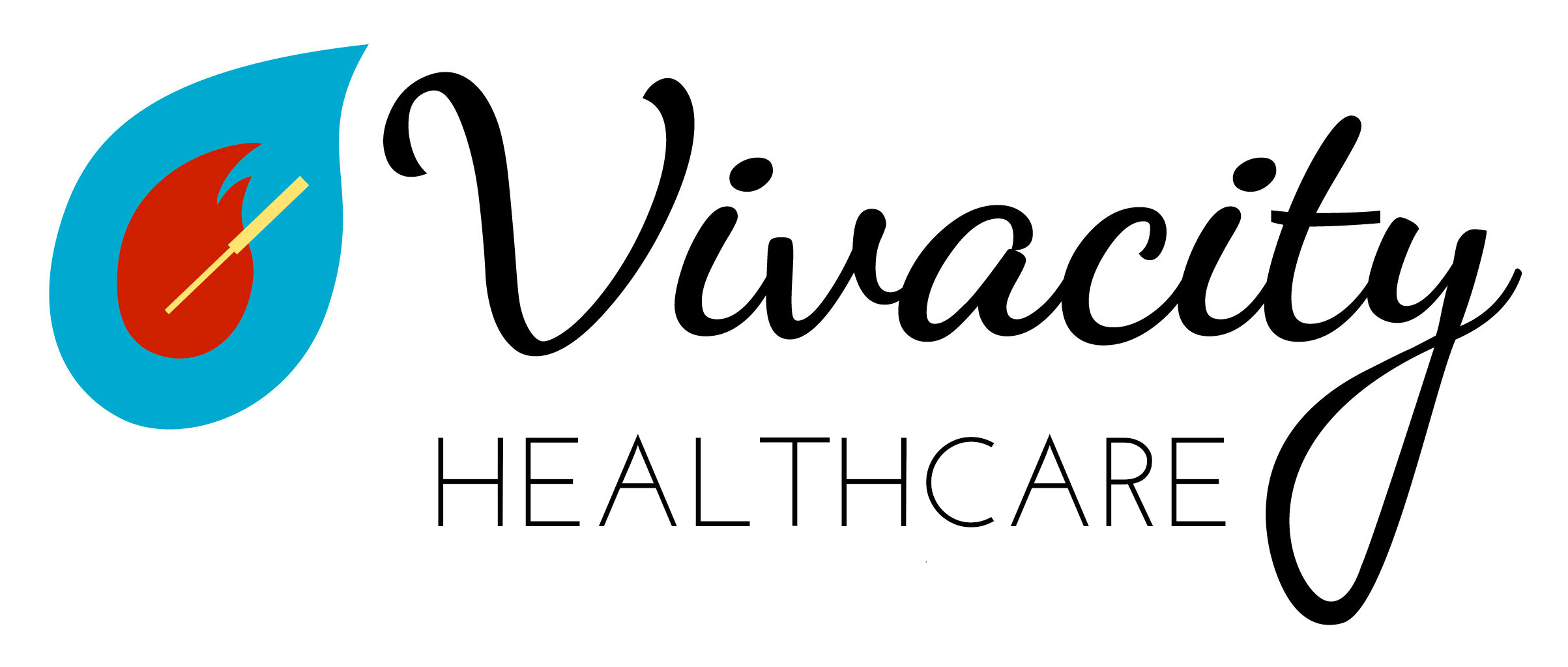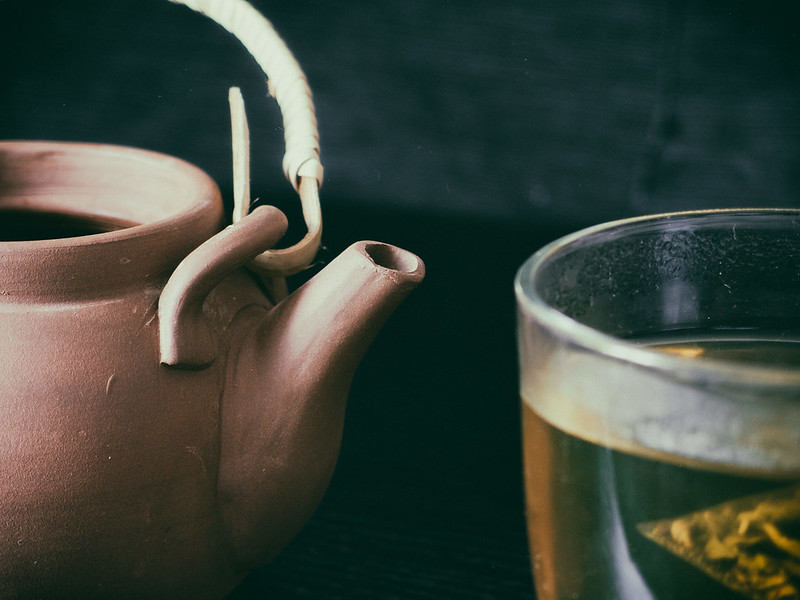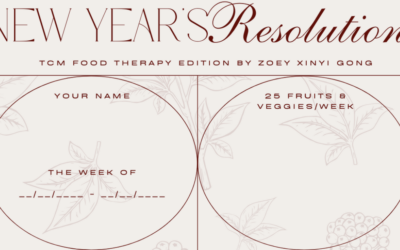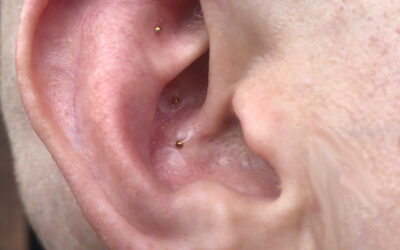Teatime is an ages-old ritual that allows for both quiet midday reflection along with an energy and digestion boost. White, green and black tea are all made from the Camellia sinensis plant, but harvested at different points of maturity. Matcha is a variety of green tea from Japan that is sun-dried and powdered so it retains a more vibrant color. Because it is powdered rather than in the form of leaves that are steeped, it can easily be whipped into lattes. Earl Grey tea is a half and half blend of green and black tea with a touch of bergamot.
Why Tea Over Coffee
Caffeine is a nervous system stimulant that also aids the release of mood-enhancers dopamine and seratonin [1]. One of my previous posts covered how to naturally improve your sleep if you feel overly reliant on caffeine throughout the day. If you already sleep well for 8 hours or more per day but you’d still like a bit of a pick-me-up, tea might be a good option for you particularly if coffee tends to make you jittery. A cup of tea has roughly 1-2 thirds of the caffeine in a cup of coffee, depending on the maturity of the tea leaves at harvest and how it is prepared. The caffeine content of green tea versus black tea is half generally speaking, although the caffeine content of different types of tea can vary widely. Due to the lower caffeine content, more tea than coffee can be consumed while still staying below the FDA-recommended daily limit of 400mg of caffeine.
Moreover, tea contains the amino acid L-theanine, not present in coffee, that stimulates the release of the neurotransmitter GABA yielding a relaxed but alert state [2]. Without the L-theanine, the caffeine in coffee enters the bloodstream more quickly causing a surge of energy, whereas tea provides a more prolonged energy boost. There are several additional benefits associated with both green and black tea such as antioxidants that promote cardiovascular health that make it a superior health choice over coffee generally speaking.
Now that I am treating patients in the Flatiron or Chelsea area two days a week, I’ve explored some tea options in the neighborhood and want to share a few of my favorites here for people who work in the area or are just passing through and could use a delicious pick-me-up. In alphabetical order (because it was too hard to rank them):
1) Cha Cha Matcha: 1158 Broadway (at 27th Street)
This cute matcha bar has two NYC locations in Flatiron and Nolita. You can get a fresh matcha latte with a variety of plant-based milks. It is worth mentioning that the in-house-made coconut yogurt is also delicious. Highly recommended!
2) CoCo Fresh Tea & Juice: 38 Lexington (at 24th Street)
My beverage of choice at CoCo is the unsweetened hot green tea with tapioca pearls. Because the Boba, also called bubbles or tapioca pearls, are sweetened this is enough to balance the natural bitterness of the tea. The green tea at CoCo is crisp and smooth. It is very refreshing both hot and cold and the tapioca is a nice snack between meals. CoCo has several locations in NYC so I frequent their FiDi location on John Street when I am working in that area.
3) FIKA Espresso Bar: 155 7th Ave (at 19th Street)
With 7 locations in NYC, FIKA is well-known for its coffee and chocolates. My beverage of choice here is the matcha latte, which comes made with almond milk. If you are out with a coffee drinker, FIKA is sure to please everyone.
4) Gong Cha: 12 W 32nd Street (between 5th and 6th Avenues)
Gong Cha, like CoCo, specializes in bubble tea and has several NYC locations. My menu item of choice here is the Earl Grey Latte. This tea is warm and hearty, and can be made hot or cold with soy milk.
I hope you enjoy these recommendations! Drop me a line and let me know if you know of a tea spot I should explore in the area.
Works Cited:
1) Nehlig A1, Daval JL, Debry G. “Caffeine and the central nervous system: mechanisms of action, biochemical, metabolic and psychostimulant effects.” Brain Res Brain Res Rev. 1992 May-Aug;17(2):139-70.
2) Nobre AC1, Rao A, Owen GN. “L-theanine, a natural constituent in tea, and its effect on mental state.” Asia Pac J Clin Nutr. 2008;17 Suppl 1:167-8.




